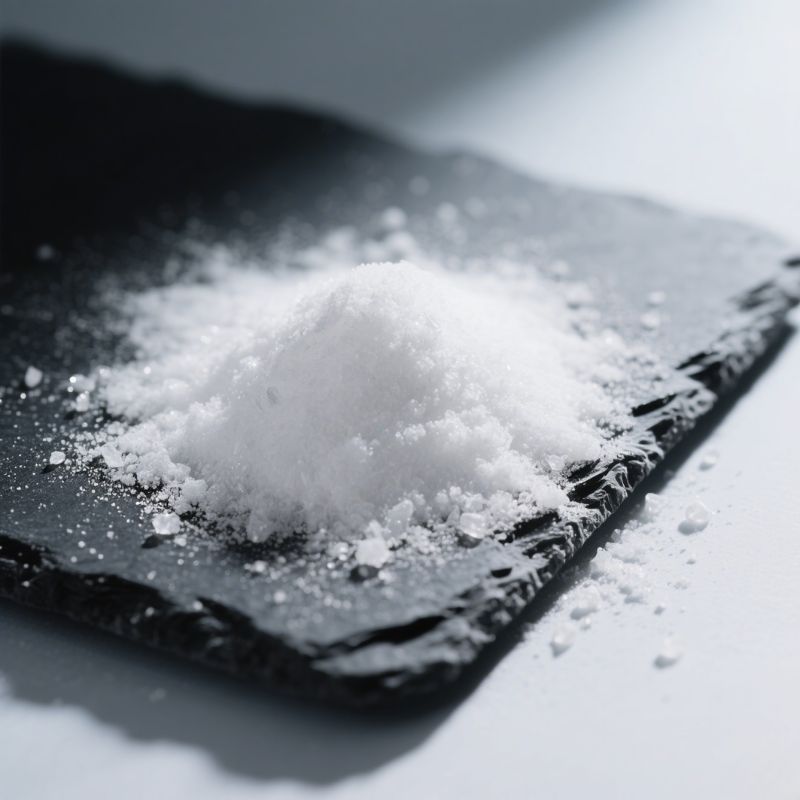Tricalcium phosphate (TCP), a calcium salt of phosphoric acid, is widely used as a food additive, nutritional supplement, and functional ingredient in industries ranging from food to pharmaceuticals. Regulatory bodies such as the FDA and European Food Safety Authority (EFSA) classify it as generally recognized as safe (GRAS) when used according to established manufacturing and purity standards.
Tricalcium phosphate is considered safe for human and industrial use when applied within regulated limits. Approved by the FDA, EFSA, and JECFA, it functions as a calcium fortifier, anti-caking agent, and stabilizer in food, medicine, and personal care products. Scientific studies confirm its non-toxic nature and good bioavailability. However, excessive intake may cause calcium imbalance, kidney stones, or digestive issues, especially when combined with other calcium-rich supplements.
Understanding the safety profile of tricalcium phosphate helps manufacturers ensure compliance, optimize formulations, and maintain product integrity across multiple applications.
What Is Tricalcium Phosphate (TCP)?
Chemically known as Ca₃(PO₄)₂, tricalcium phosphate occurs naturally in bones and minerals such as hydroxyapatite.
Industrial TCP is typically synthetic, ensuring controlled purity and consistency.
It appears as a fine white powder, odorless and insoluble in water, but soluble in acid, allowing rapid absorption in biological systems.
Regulatory Status and Safety Approvals
The U.S. Food and Drug Administration (FDA) lists TCP as Generally Recognized as Safe (GRAS) under 21 CFR 182.1217.
The European Food Safety Authority (EFSA) and the World Health Organization JECFA also approve its use in foods, supplements, and pharmaceuticals.
Comprehensive toxicological studies show no mutagenic, carcinogenic, or teratogenic effects, and confirm that TCP does not bioaccumulate in the body.
When consumed within the acceptable daily intake (ADI), it supports safe mineral fortification.
How Is Tricalcium Phosphate Used in Industry?
- Food Industry: Acts as an anti-caking agent, stabilizer, and calcium fortifier in dairy, bakery, and beverage products.
- Pharmaceuticals: Used as a tablet filler, excipient, and bone substitute in medical formulations.
- Cosmetics: Serves as a gentle abrasive in toothpaste and a pH buffer in skincare products.
- Agriculture & Biotechnology: Functions as a phosphate nutrient in feed additives and microbial culture media.
Is Tricalcium Phosphate Safe for Humans?
Yes. Studies confirm that tricalcium phosphate is non-toxic, biocompatible, and well-tolerated.
It dissolves in gastric acid, releasing calcium and phosphate ions readily absorbed by the body.
Within normal dietary levels, TCP supports bone health, muscle function, and metabolic balance without adverse effects.
Potential Risks and Considerations
Overconsumption of calcium-based additives can cause kidney stones or hypercalcemia, especially when taken with large doses of supplements.
Industrial-grade TCP is not intended for food or medical use due to potential impurity levels.
Manufacturers should follow Good Manufacturing Practices (GMP) and maintain purity above 99% to ensure compliance and consumer safety.
Environmental and Manufacturing Safety
Tricalcium phosphate is non-toxic to aquatic environments and environmentally stable.
Sustainable manufacturing practices focus on phosphate recovery, recycling, and closed-loop production, reducing ecological impact and supporting green chemistry initiatives.
Summary
Tricalcium phosphate is scientifically and regulatorily confirmed as safe for use in food, pharmaceuticals, and industrial formulations when applied within approved limits.
With its long-standing safety record, functionality, and compatibility with biological systems, TCP remains a trusted phosphate-based additive for sustainable and high-quality manufacturing worldwide.

